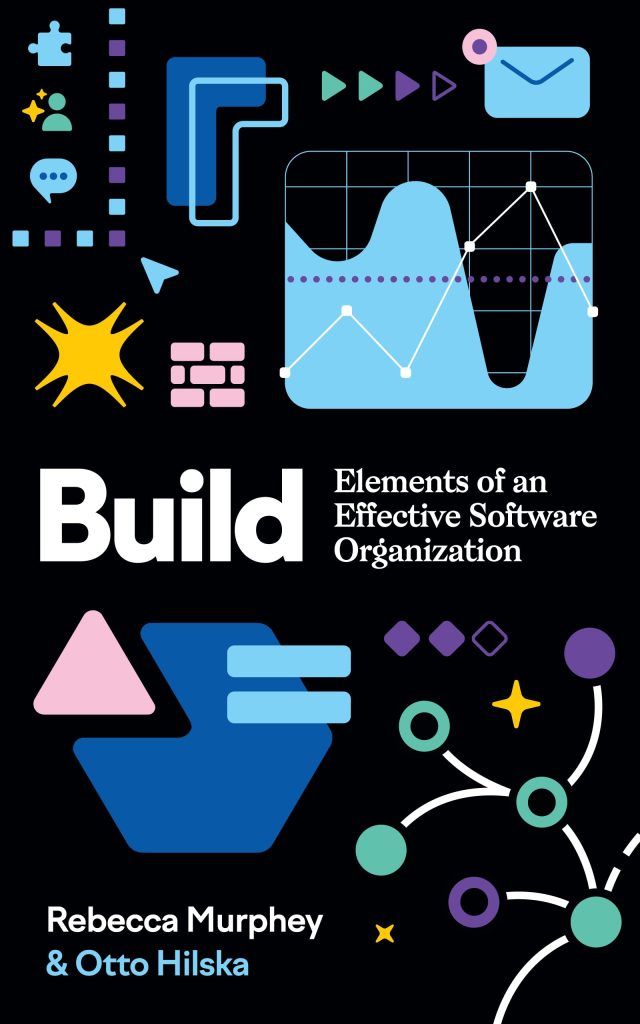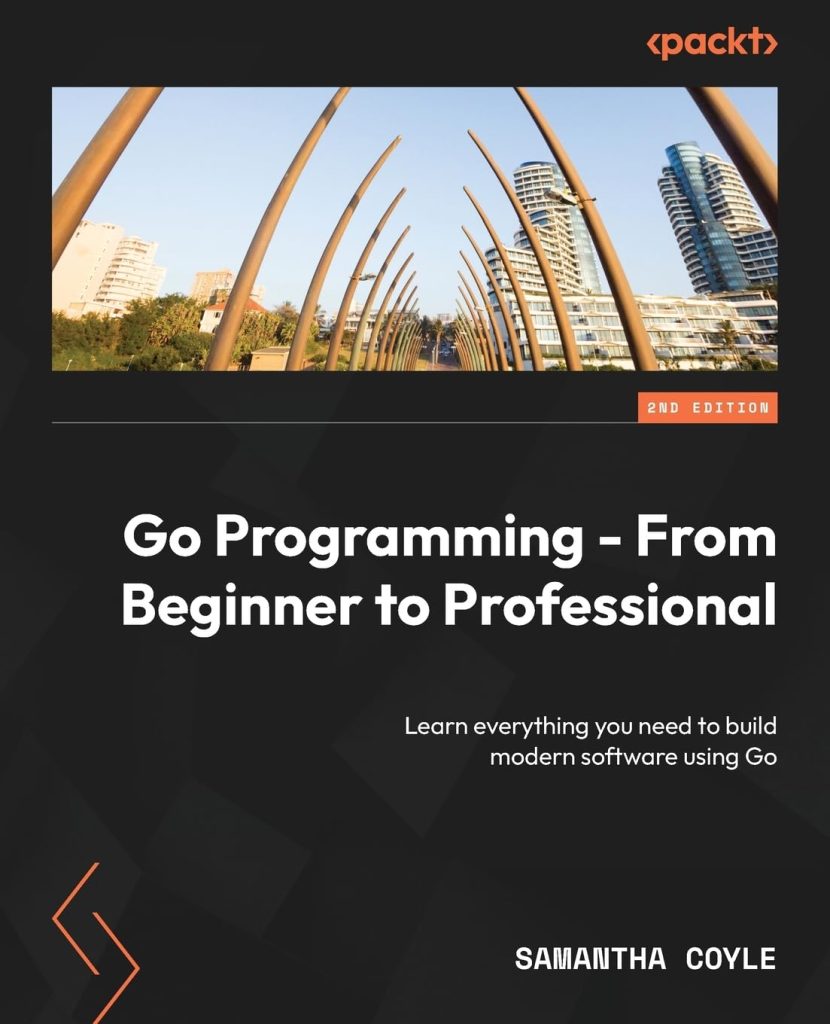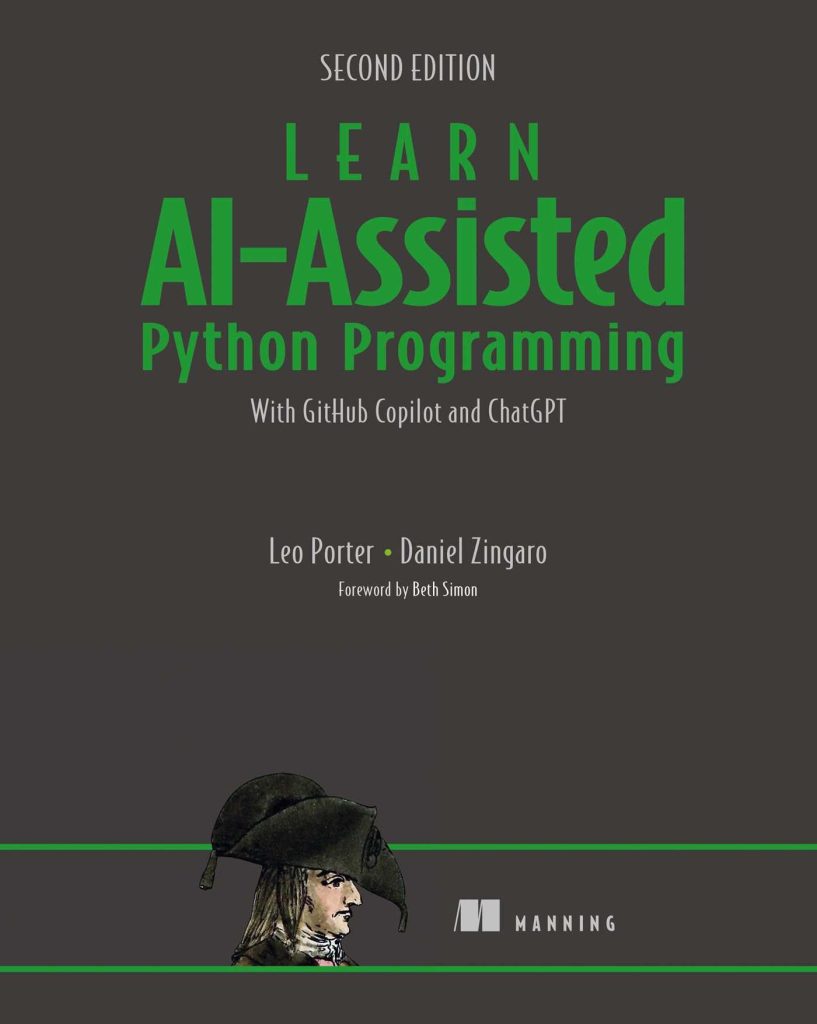Wondering about WordPress Gutenberg?
WordPress Gutenberg is also known as the WordPress block editor and now is part of WordPress core. It offers a different way to create interactive posts and pages.
Gutenberg is one of the most popular WordPress plugins. Do you know, with 67 million downloads, the second most downloaded plugin is Gutenberg?
The reason behind that is, Gutenberg includes each and every element that’s often needed to create a web page like paragraphs, headings, lists, buttons, widgets, embeds, columns, and much more.
In this post, we’ll take a closer look at Gutenberg by covering all the basics which include:
- What is WordPress Gutenberg?
- Features of WordPress Gutenberg
- How to use WordPress Gutenberg Blocks
- Types of WordPress Gutenberg block plugins
- Best WordPress Gutenberg Blocks Plugins
Let’s get started!
What is WordPress Gutenberg?
Gutenberg is the default WordPress editor. It was introduced in WordPress 5.0 version as a replacement for the TinyMCE editor. Gutenberg offers a unique and different way to create interactive posts and pages.
This incredible block editor improves the overall performance of your website and helps to rank higher on search engine results pages (SERPs).
All Gutenberg updates include code minification, optimization, and other improvements to speed up page loading. Even, you can also embed Elementor blocks into any page using the block editor.

Features of WordPress Gutenberg
Some exciting features of WordPress Gutenberg are:
- Slash command: You can quickly add blocks in your WordPress word editor using the forward slash command. You can also type the name of the block after the slash to find the block more easily.
- Add links: You can add links to your content by just pasting it. Select the text to which you want to add your link and then paste it. No need to click on the ‘Add link icon’.
- HTML anchor: To add an anchor simply just click on a heading and in its block settings, you’ll find advanced settings. In the advanced settings, add your anchor text.
- Reusable blocks: You can create blocks using Gutenberg, which you can save to reuse it.
- Document Outline: The Document Outline serves as a handy table of contents, and you can even click on the headings to instantly navigate to each block and edit it.
- Blocks: Every individual piece of content in Gutenberg has its own block. It includes text paragraphs, images, embedded files, headers, featured images, and so on. You can add a block to a post or page by clicking on the button marked with a plus sign, and selecting the required block.
Gutenberg is the most significant change to the WordPress visual editor since the birth of WordPress.

How to use WordPress Gutenberg Blocks Plugins?
Gutenberg enables WordPress to build content layouts, not just write articles. Moreover, you can make the content creation process more intuitive and easier using Gutenberg and even get more options for customizing your content, through a variety of discrete elements.
Follow the process of How to use Gutenberg Blocks and avail yourself of these awesome functionalities.
First, you need to choose the plugin according to your website requirements, install it, and configure its settings. Let’s suppose, we have chosen the Stackable Gutenberg Block plugin.
Step 1: Navigate to your WordPress Admin Dashboard.
Step 2: Click Plugins > Add new.
Next, Step 3: Type Stackable in the search box and click install now.

Step 4: Wait for the installation to finish, then click on the Activate button.
Then, Step 5: Click on Stackable from the WP admin Dashboard menu and configure it settings.

Step 6: Create a new page or blog post using a block editor. For that, navigate to Pages > Add new or Post > Add new.
Step 7: Add Title.

Step 8: By default, the next block is a paragraph block. You can start writing right away but if you want to add anything else, then you can click on the add new block button on the top left corner of the editor.

Step 9: Customize your blog post/page. Like by:
Adding Gallery

Adding Cover

You can also add the block to reusable blocks and use it later after modifying that block, and you can even remove that block from reusable blocks too.

And many more blocks. Moreover, you can add any one of them to your website according to your website requirements by just clicking a single button.
Types of WordPress Gutenberg block plugins
There are mainly two types of Gutenberg blocks plugins :
- Single-purpose blocks plugins
- Gutenberg blocks libraries
Single-purpose block plugins add only one feature with the most comprehensive set of options, integrations, etc.
Whereas the block library plugins include a collection of blocks for different purposes, those blocks are not so fine-tuned as Single purpose blocks plugins.

Best WordPress Gutenberg Blocks Plugins
Below is the list of best Gutenberg blocks plugins:
1. WP Minds Growth block plugin
WP Minds Growth block plugin is one the best WordPress Gutenberg Blocks Plugins that provide a lightweight addition to your website with minimal impact on performance. It provides a lot of flexibility and control to your site.
This plugin is compatible with the latest version of WordPress, and they always keep it updated. It offers 7 new blocks for you to play with and customize to your website.
List of blocks:
- FAQ Block
- Header Section Block
- Lead Generator Section
- Plan Section Block
- Price Choices Block
- Testimonials Block
- Value Stack Layout Block

2. Stackable
The stackable plugin adds a beautiful collection of ready-to-use blocks for the Gutenberg Editor. It is a robust all-purpose tool that provides you with functionality that’s useful for bloggers, e-commerce site owners, or even small businesses.
It has 50+ Block Layouts and 70+ Pre-set Section / Block Designs that can be switched with just one click. Also, the stackable plugin has 20,000+ active installations.
Moreover, this plugin provides 27 different blocks. The most frequent ones are:
- Advanced Text Block
- Posts Block
- Separator Block
- Feature Grid Block
- Advanced Heading Block
And many more. The stackable plugin adds essential custom blocks to give you a real page builder experience inside the Block Editor on your website. Moreover, you can get a built-in section or background controls for the easiest way to build page sections using only a single block.

3. Ultimate Blocks
Ultimate Blocks is a Gutenberg blocks plugin for bloggers and marketers. It helps you to create better and more engaging content with Gutenberg Editor. This plugin lets you enable or disable individual blocks to keep your site faster.
Ultimate Blocks plugin has 10,000+ active installations with a 4.9 rating score. This plugin provides 29 different blocks. The most frequent ones are:
- Call to Action Block.
- Styled Box Block
- Testimonial Block
- Social Share Block
- Content Filter
And many more. The goal behind Ultimate Blocks is to provide everything in one place. It enables you to cut down on the need to install separate plugins for tasks like tables of content, schema reviews, adding FAQs, and more.

4. Atomic Blocks
The atomic Blocks plugin is a collection of page building blocks. It includes pre-designed sections and layouts to help you to shape your pages. The layout selector can be chosen from the block list or the layouts button at the top of each page, and, at the moment, there are eight sections and four layouts.
The atomic Blocks plugin has 50,000+ active installations. This plugin provides 22 different blocks. The most frequent ones are:
- Newsletter Block
- Pricing Block
- Section & Layout Block
- Advanced Columns Block
- Post Grid Block
And many more. Atomic Blocks plugin provides you everything like a complete package i.e.: from customizable buttons to beautifully-designed page sections and full-page layout designs via the Section & Layout block.

5. PostX – Gutenberg Post Blocks
PostX Gutenberg Post Blocks is finely crafted for creating WordPress News Magazines and Blogs. It offers a high number of blogs and starter packs to create a site within a few clicks.
You can also customize each and every block and starter pack according to your need.
Main Features:
- Archive Builder
- Advanced Query Builder
- Dynamic & Advanced Post Slider
- Elementor & Shortcode Support
- Readymade Design Library
Highlights:
- Active installations: 30,000+
- Ratings: 4.6 out of 5

You should try a couple of options to select the best Gutenberg plugin for your website.
Mostly, the Gutenberg plugins offer the same content blocks, but each of them comes with different options to customize each block. So you need to check what works for you!
Conclusion
Wrapping up, WordPress Gutenberg is the new editor in WordPress. It provides a contemporary and effortless to handle content editor for WordPress users. Whether you’re a beginner or an advanced user, Gutenberg has something to offer.
Gutenberg aims to make it easier for users to create and publish content, especially for those who are new to WordPress. It helps to streamline the content creation process by introducing the idea of blocks.
Inspired enough by WordPress Gutenberg?
We highly recommend Gutenberg and suggest you update your WordPress version to the latest and get the best-offered features by Guttenberg Block now!
Feel free to share your thoughts about WordPress Gutenberg.
Or, if you need any help to update your WordPress website or to build your website.
Source: https://wpsupportdesk.com/blog/wordpress-gutenberg/




